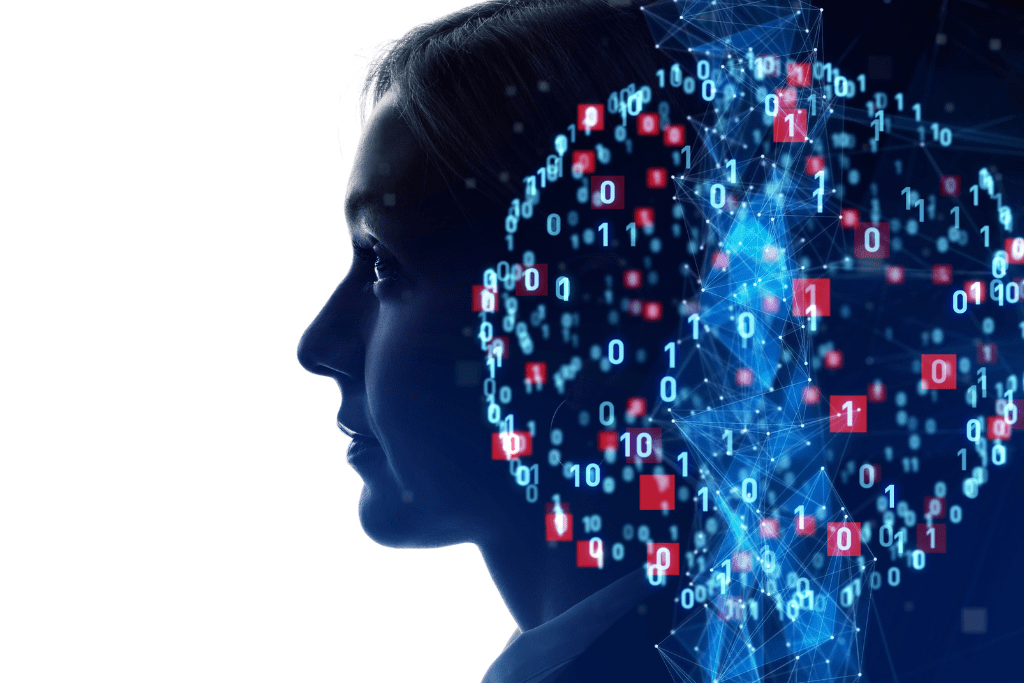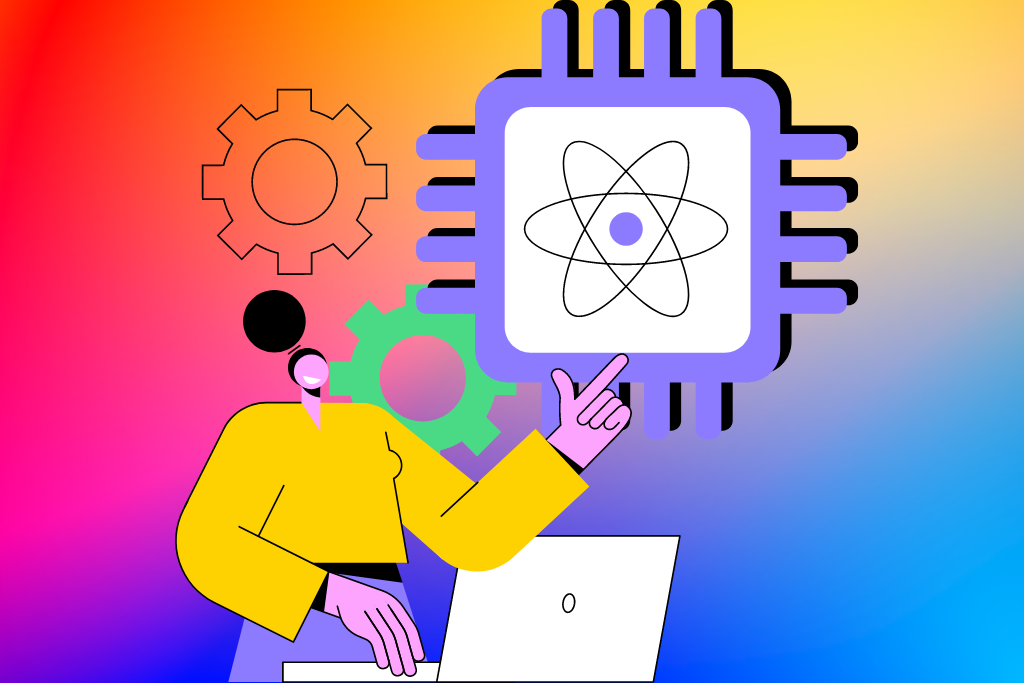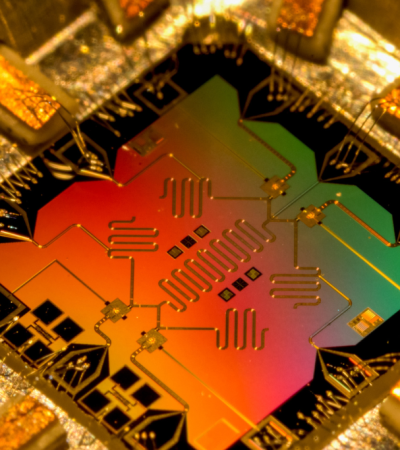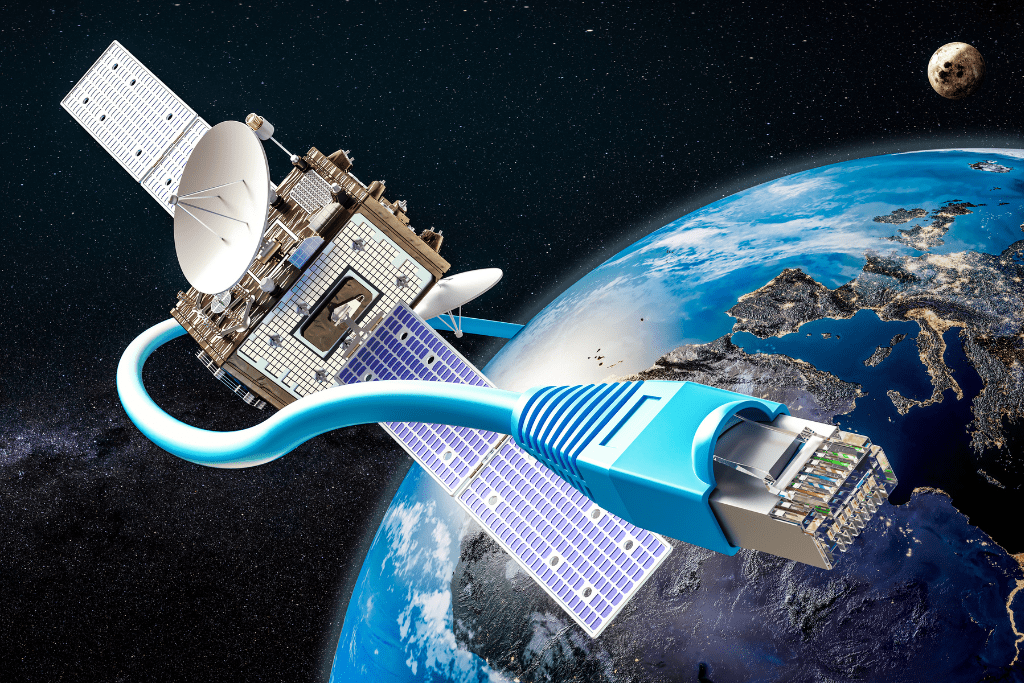A quantum computer is a computer with quantum properties. Quantum volume, or the number of qubits, is a measure of how powerful a quantum computer is. The power of quantum computers is also expressed in terms of quantum superposition. These computers can store massive amounts of information and are able to do complex computations.
Quantum computing
Quantum computing is still in its early stages, but it is already being used in ways that can be seen. For example, a new technology that uses larger groups of quantum bits may be better than regular computers at solving optimization problems. The benefits of this technology are not just in the computer field, so it could have a big effect on business, science, and education.

Unlike conventional computers, quantum computers require almost no atmospheric pressure. The temperature of their surroundings must also be very low, and the earth’s magnetic field must not affect the quantum computer. Also, quantum computers don’t last long, so their information can’t be stored for a long time. But their ability to process a lot of information in a very short amount of time could help find fraud, improve simulation systems, and find out more about DNA.
Quantum computers can also solve extremely complex problems. They can use quantum mechanics to look at the properties of chemical catalysts and figure out what they are. And they can solve optimization problems. However, they’re still prototypes and may not be ready for the production line anytime soon. Nevertheless, technology is rapidly evolving and may soon become an important part of computing.
Tensor products
A tensor is a container that can house N-dimensional data, such as a number. It is a generalization of a matrix to N-dimensional space. The matrix is a two-dimensional Rank2 tensor, while the tensor product is a vector space with bilinear mappings from the Cartesian product.
Quantum superposition
A quantum superposition is a phenomenon that describes a system that is both in one state and in another. For example, an electron has two possible states: it could be either up or down, or both. However, when it is measured, the electron drops out of its superposition and enters one of the two states. By making algorithms and putting them into computer hardware, you can use the power of superposition.

It is important to note that quantum superposition in computers can affect the computer’s performance in a few different ways. One way is that quantum bits are extremely fragile. A slight vibration or change in temperature can disrupt the quantum state and cause it to tumble out of superposition. For this reason, researchers have been taking measures to protect qubits from the outside world. One way is to install them inside vacuum chambers or supercooled refrigerators.
The other way quantum superposition can affect computers is in quantum computing. This kind of computing uses quantum states, which contain statistical information about a quantum system. This provides a huge speedup over classical computers.
Commercial applications
Quantum computers can be used for commercial applications in many fields. For instance, they are very helpful in analyzing large amounts of data, which can be difficult to do on classical computers. These enhanced data processing capabilities can help in many areas, including drug discovery. Also, they can help make targeted chemotherapy protocols, like ones that are only used for certain types of cancer. Also, these machines can be useful in the materials industry, where companies like Bosch and Honeywell are already testing their quantum hardware.

Quantum computers can help solve complex problems faster than classical computers. The banking and insurance industries face a lot of data-related challenges, which can be tackled by these computers. They can also help with pricing assets, analyzing risks, finding fraud, and making predictions about the market. As a result, first-time quantum users are already seeing some benefits in these sectors.
We expect that these innovations will have a big impact on the lives of billions of people. Also, they can be used to make new materials, find new economic models, and make processes that are good for the environment. For these purposes, companies like IQM are exploring commercial quantum processors. They are pursuing a novel co-design approach, and their technology is promising. Out of the 3,968 companies that tried to get into the EIC, they were one of the 72 that were chosen.




